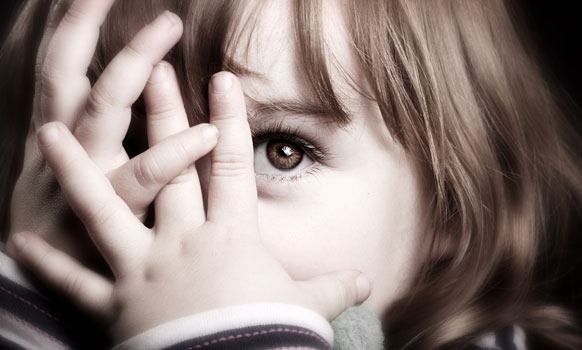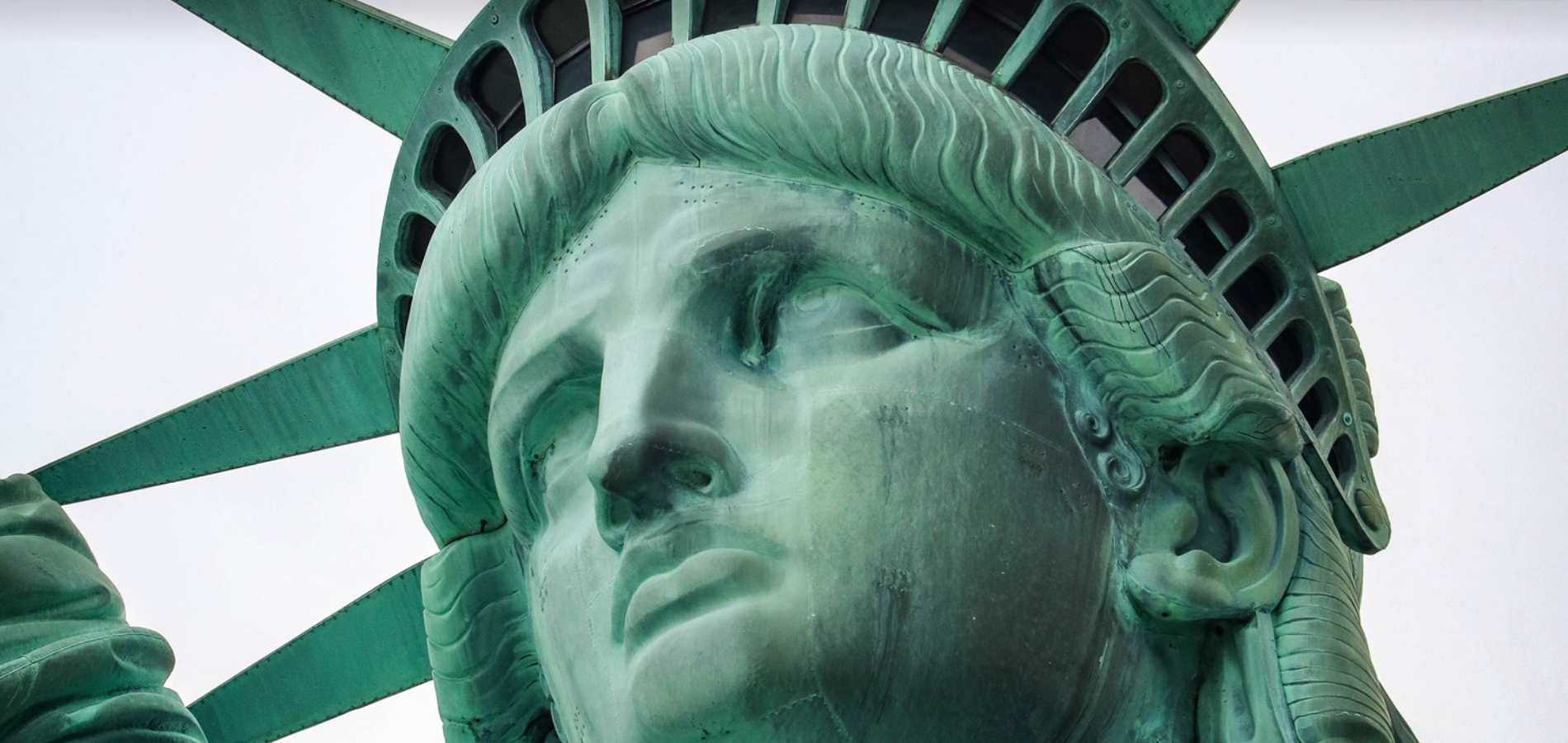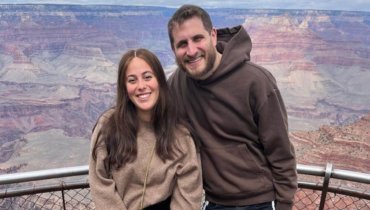
I Had A Rough Hasidic Upbringing, But My Community Carried Me Through It
I perch my son on the counter. I spritz some mousse onto his peyos, and holding it, deftly twist it into a perfect curl.
It’s his first day of cheder (pre-school), and I’m so emotional.
I insert a crisp bill into the tzedakah box, and with tears sparkling on my lashes I pray.
“Please, Hashem help my son grow up strong, healthy, and happy. He should seek You, find You, and know You. Let him be a happy, well-adjusted, and ehrliche chasidish boy.”
Always.
And the tears fall.
It wasn’t always like this.
I grew up in a tight-knit community. My family is very Chasidish, in dress, dialect, and manner.
I had a rough childhood, as an only child, I was perpetually lonely. My parents are wonderful human beings, but are mentally, socially, and emotionally lacking. I’m sure there would be a neat diagnosis to wrap it all up, but to me, they were just different and weird. It hurt. Badly.
I would come home from school on freezing cold winter days, sniffing my neighbors’ heavenly suppers. (Were they having meatballs? Cutlets?) I would find my mother in bed, still in her nightgown. The shades were drawn, the house was cold, and breakfast remnants were still out.
The pain morphed into anger, confusion, and doubts. At fourteen, I started questioning the basis of our religion, the traditions and minhagim we kept, until I was a confused, broken mess.
At the same time, there were so many people holding my hand. The brilliant chumash teacher I adored, who spent hours helping me through my emotions, the sewing teacher who saw my pain and was just a tad softer to me, the ultra-frum cousin who helped me get an evening job so that I could spend less time at home. My grandparents sent money for me to redecorate my room and for my costly therapy sessions. I feel only gratitude for the community that lovingly helped my mother and me.
My extended family and community came to the rescue when my physical and emotional needs were not being met. But I was also an incredibly inquisitive child. I was acing school, but on the inside I was empty. I had many questions I was afraid to voice. Who cares what I wear? Who cares if I do this or that? Who is Hashem? I was sad and angry and just plain confused.
Then I attended a seminar that changed my life.
I’m a Belz chasidista. Belz was always a pioneer in Jewish outreach to non-observant Jews – hosting Shabbatons, seminars, and helping secular Israelis discover the beauty in their heritage. Then, several years ago, our Rebbe sensed growing disenchantment and indifference close to home. His chasidim were doing mitzvos out of habit, but missing the spark and meaning in Judaism and Chasidish life.
He formed a division within an already established Belz kiruv organization, called Tzohar. Their two-day seminars are held every few years in a hotel with five-star meals and world-renowned lecturers. I was seventeen when I attended. My preconceived notions were shattered as speaker after speaker worked their way through all of my questions. There were shiurim upon shiurim, from “How do we know Judaism is true?” to “What are minhagim?” There were Q&A’s deep into the night. The people were so kind and non-judgmental. For someone who was searching, this was vital.
There was singing and dancing and teshuvah. My world was rebuilt. Tears and connections and so many feelings streaming through me, I sat listening as speaker after speaker worked their way through the truth, listening, listening till I was alone I my hotel room, gasping in tears:
“Tatteh in Himmel (Father in Heaven), I didn’t know you! In my pain I thought You were so far away, I didn’t know You.”
By the end of the seminar, my belief in Hashem and Judaism were strong, and I for the first time, I knew that Hashem loved me.
Dramatic as it sounds, I was changed girl. I understood that in life, there is there is corruption, there is pain. I realized that there will always be people who are abusive, naïve, or just plain silly. But now I knew what it was. Unhealthiness. Not religion. Religion is for healthy people! Once I was able to differentiate between the two – I was at peace. My parents were dysfunctional and at times abusive, but that could no longer damage my relationship to Judaism.
When I got married, my parents had no money, but I was still married off like a princess. Organizations gave me everything from clothing and sheitels to dishes, all new. I was a beautiful bride, thanks to my community’s chesed.
Now that I’ve been blessed with my own precious child, I am doing my best to meet all of his needs: physical, emotional, and spiritual, right here at home.
I’m raising him to be a mensch. I want him to be courteous and friendly to all. I’m teaching him love God, Torah, and our life, because I discovered the joy and holiness in it. I encourage him to ask questions and hope he’ll find meaning in it like I do. And at the root of it all, perhaps the most important message I could give over is that my son should know that his parents in this world and His Father in Heaven love him unmeasurably and will always be there for him.
If you found this content meaningful and want to help further our mission through our Keter, Makom, and Tikun branches, please consider becoming a Change Maker today.






